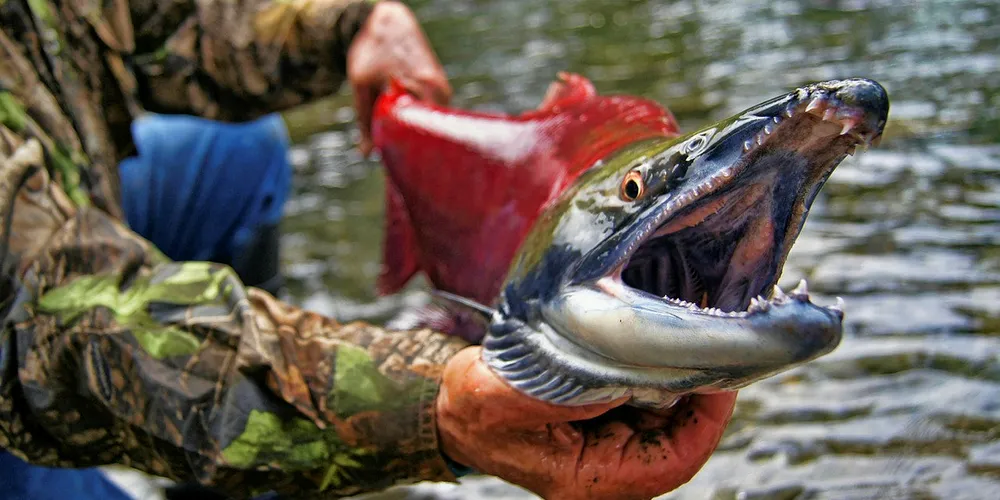Canadian wild salmon fisheries quitting MSC program
Group holding certificates for BC wild salmon fisheries feels abandoned by Canadian fisheries managers.

Group holding certificates for BC wild salmon fisheries feels abandoned by Canadian fisheries managers.
